|
Manuka
Honig (Manuka Honey) is a highly prized honey produced in
New Zealand and parts of
Australia from the nectar of
the Manuka plant (Leptospermum
scoparium), a shrub that is native to these regions. Manuka honey is
renowned for its distinct taste, high quality, and numerous health benefits,
making it one of the most sought-after honeys worldwide.
Key Features of
Manuka Honig:
1.
Unique Production
-
Manuka Flowers: The
Manuka plant flowers
only for a short period during the summer, typically from
November to January.
During this time, bees collect nectar from the small, white or pink
flowers. The unique properties of the nectar from the Manuka plant give
the honey its distinctive flavor and therapeutic qualities.
-
Bee Pollination: The
bees that produce Manuka honey collect nectar exclusively from the
Manuka flowers, making the honey highly distinctive compared to other
types of honey.
2.
Unique Properties
-
Methylglyoxal (MGO):
One of the defining features of Manuka honey is its high content of
methylglyoxal (MGO),
a compound that has been shown to have antibacterial and antimicrobial
properties. The higher the MGO rating, the more potent the honey is
believed to be in terms of health benefits. MGO content is typically
used to grade Manuka honey, with higher MGO ratings corresponding to a
higher price and more intensive effects.
-
Unique Manuka Factor (UMF):
In addition to MGO, UMF
is another grading system used specifically for Manuka honey. This
rating takes into account other compounds like
hydrogen peroxide and
dihydroxyacetone (DHA),
which contribute to the honey's antibacterial activity. Manuka honey
labeled with a UMF rating
of 10+ or higher is considered medicinal-grade honey.
3.
Health Benefits
-
Antibacterial and
Antimicrobial: The primary health benefit of Manuka honey lies
in its antibacterial
properties. Studies have shown that it can help in fighting
bacteria and pathogens, making it effective in
wound care,
skin infections, and
digestive issues.
-
Digestive Health:
Manuka honey is often used to support
gut health, helping
with acid reflux,
ulcerative colitis,
and general stomach discomfort.
It can have a soothing effect on the digestive system, especially when
consumed in small quantities.
-
Skin Care: Manuka
honey is widely used in
skincare products due to its
anti-inflammatory and
moisturizing
properties. It is often found in
creams and
ointments for
treating conditions like
eczema, acne,
and burns. It
promotes skin healing and can reduce irritation and redness.
-
Boosting Immunity:
The antibacterial and antioxidant properties of Manuka honey help
boost the immune system,
making it an effective natural remedy for preventing colds, sore
throats, and other infections.
-
Oral Health: Manuka
honey can help reduce plaque
and prevent gum disease,
due to its antimicrobial properties. It has been shown to combat the
bacteria responsible for oral infections and improve overall oral
hygiene.
4.
Types and Grades
-
UMF Grades: Manuka
honey is typically graded based on its
UMF rating or
MGO content, and
these grades determine its potency and price.
-
UMF 5+ to 9+:
These are considered lower-grade Manuka honeys and are generally
used for culinary purposes or basic health benefits.
-
UMF 10+ to 15+:
Medium-strength Manuka honey suitable for regular consumption and
use in skincare.
-
UMF 16+ and higher:
High-strength Manuka honey, used for therapeutic purposes and
healing properties.
-
MGO Content: The MGO
rating of Manuka honey can range from around
30 MGO to
1,000 MGO or more.
The higher the MGO content, the more potent the honey’s antibacterial
effects.
5.
Culinary Uses
-
Sweetener: Manuka
honey can be used as a natural sweetener in
tea,
smoothies,
baking, and
cooking. Its rich,
earthy flavor makes it a delightful addition to a variety of dishes.
-
Drizzle: It’s also
commonly drizzled over yogurt,
fruit, or
pancakes for a burst
of flavor and health benefits.
-
Raw Consumption: Many
people choose to consume it
raw, by spooning a small amount straight from the jar, to enjoy
its full range of health benefits.
6.
How to Identify Genuine Manuka
Honey
-
Labeling: When
purchasing Manuka honey, it’s essential to ensure that it is
genuine. Look for
labels that indicate the UMF
or MGO rating, as
well as certifications from reputable organizations. This ensures that
the honey has been tested and verified for quality and authenticity.
-
Packaging:
High-quality Manuka honey is often packaged in dark glass jars to
protect it from light and preserve its properties.
7.
Sustainability and Ethical
Considerations
-
Beekeeping Practices:
New Zealand is known for its sustainable beekeeping practices, and many
Manuka honey producers are committed to maintaining eco-friendly
standards. This includes taking care not to disrupt natural ecosystems
and supporting the health of bee populations.
-
Environmentally Conscious:
Some Manuka honey brands focus on ethical production methods and use
environmentally conscious packaging and production processes.
Conclusion:
Manuka Honig (Manuka
Honey) is more than just a sweet treat. Its unique antibacterial,
antimicrobial, and healing properties make it a powerful natural remedy and
an essential item in both wellness and culinary worlds. Whether you're using
it for health benefits,
as a skin treatment, or
just as a flavorful addition to your meals, Manuka honey is one of nature’s
most beneficial and versatile products. Be sure to purchase genuine,
high-quality Manuka honey for maximum benefits, and enjoy its natural
goodness!
|
Manuka-Honig ist eine besondere Art von Honig, der in Neuseeland
und Teilen Australiens von Bienen produziert wird, die den
Nektar des Manuka-Strauchs (Leptospermum scoparium) sammeln.
Dieser Honig ist weltweit bekannt für seine einzigartigen
gesundheitlichen Eigenschaften und wird oft als "Superfood" oder
natürliches Heilmittel bezeichnet.
Besondere Eigenschaften von Manuka-Honig:
-
Antibakterielle Wirkung:
Manuka-Honig
enthält eine hohe Konzentration von Methylglyoxal (MGO),
einer Verbindung, die für seine starke antibakterielle
Wirkung verantwortlich ist. Diese Eigenschaft macht ihn
besonders wirksam bei der Behandlung von Wunden, Infektionen
und Entzündungen.
-
Natürliches Heilmittel:
Traditionell
wird Manuka-Honig zur Unterstützung der Wundheilung, bei
Halsschmerzen, Magenproblemen (wie Helicobacter pylori) und
zur Stärkung des Immunsystems verwendet.
-
Antioxidative Eigenschaften:
Der Honig
ist reich an Antioxidantien, die helfen können, freie
Radikale zu bekämpfen und Zellschäden zu reduzieren.
-
Entzündungshemmend:
Manuka-Honig kann
Entzündungen lindern und wird daher auch bei
Hauterkrankungen wie Akne oder Ekzemen eingesetzt.
Verwendung von Manuka-Honig:
-
Medizinisch: Zur Wundheilung, bei
Infektionen oder zur Linderung von Halsschmerzen.
-
Kulinarisch: Als natürlicher Süßstoff in
Tee, Smoothies oder Desserts.
-
Hautpflege: Als Bestandteil von
Gesichtsmasken oder zur Behandlung von Hautirritationen.
Qualitätskennzeichnung:
Die Qualität von Manuka-Honig wird oft durch folgende
Kennzeichnungen angegeben:
-
UMF (Unique Manuka Factor): Ein Gütesiegel,
das die antibakterielle Aktivität des Honigs misst. Ein
höherer UMF-Wert (z. B. UMF 10+ oder UMF 20+) zeigt eine
stärkere Wirkung an.
-
MGO (Methylglyoxal): Gibt die Konzentration
von Methylglyoxal im Honig an. Je höher der MGO-Wert, desto
stärker die antibakterielle Wirkung.
Wichtige Hinweise:
-
Manuka-Honig ist teurer als herkömmlicher Honig, da er nur
in begrenzten Regionen produziert wird und seine Herstellung
aufwendig ist.
-
Achte beim Kauf auf zertifizierte Qualitätssiegel, um
sicherzustellen, dass es sich um echten Manuka-Honig
handelt.
-
Menschen mit einer Allergie gegen Bienenprodukte sollten
vorsichtig sein.
Manuka-Honig ist ein faszinierendes Naturprodukt, das sowohl in
der Medizin als auch in der Küche geschätzt wird.
|
 Safaris
Bergsteigen
Wandern
Inselwandern Weltweit
Safaris
Bergsteigen
Wandern
Inselwandern Weltweit
 Europa
Inselwandern
Europa
Inselwandern
 Städtewandern
Städtewandern
 Paintings
Paintings Dirk Rauschenbach
Dirk Rauschenbach
 Safaris
Bergsteigen
Wandern
Inselwandern Weltweit
Safaris
Bergsteigen
Wandern
Inselwandern Weltweit
 Europa
Inselwandern
Europa
Inselwandern
 Städtewandern
Städtewandern
 Paintings
Paintings Dirk Rauschenbach
Dirk Rauschenbach
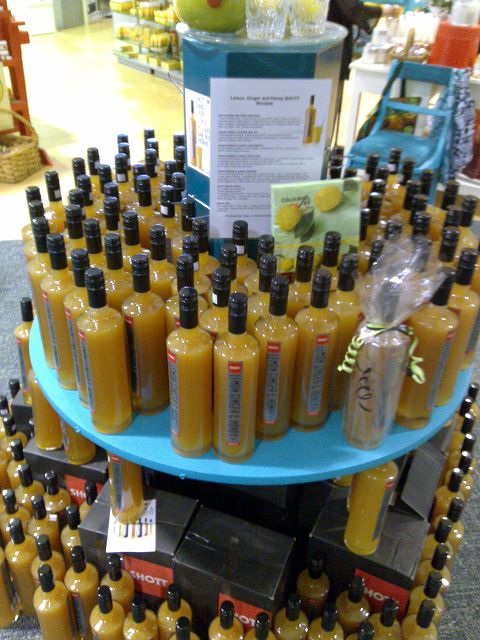
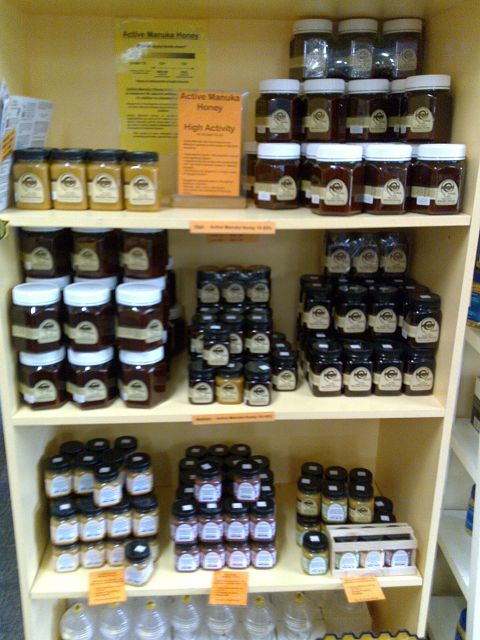
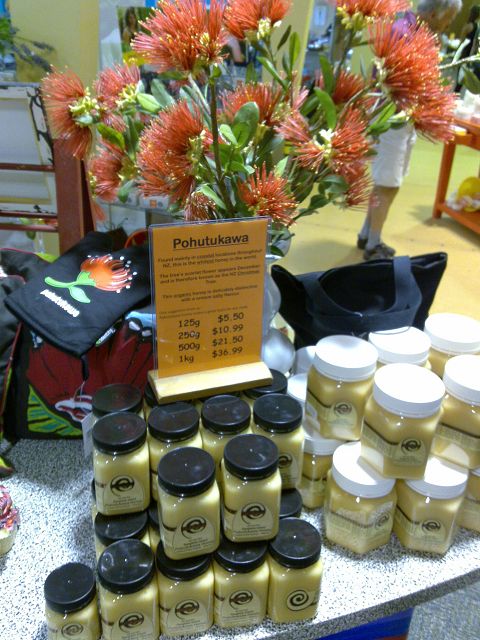
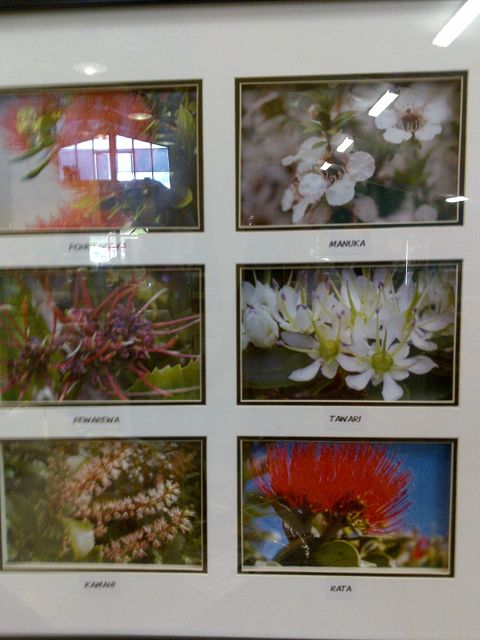
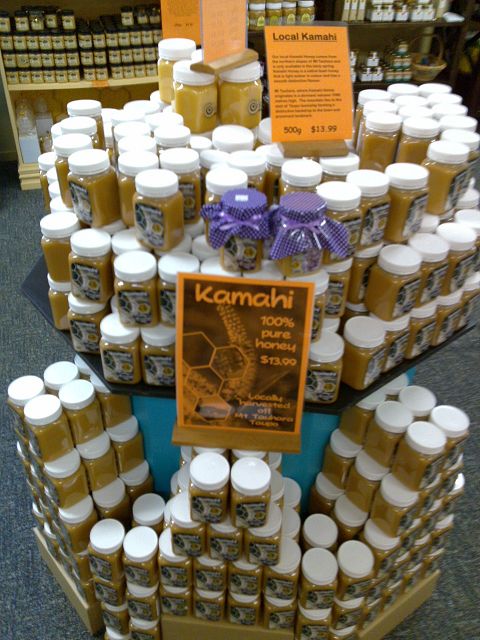
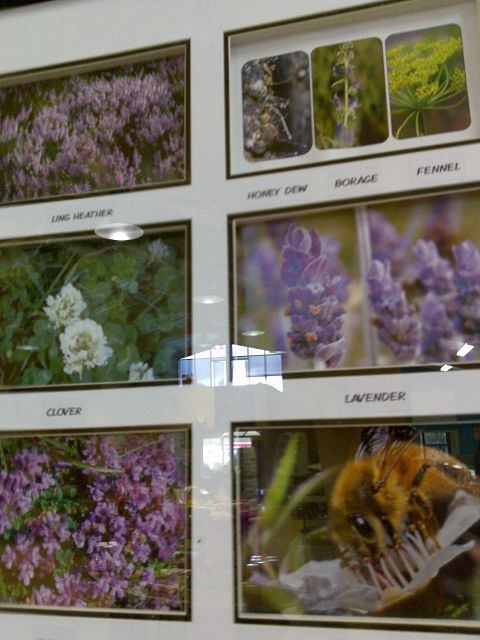
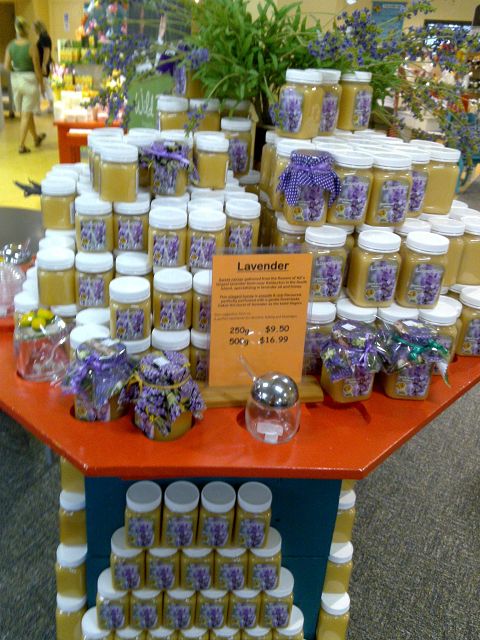
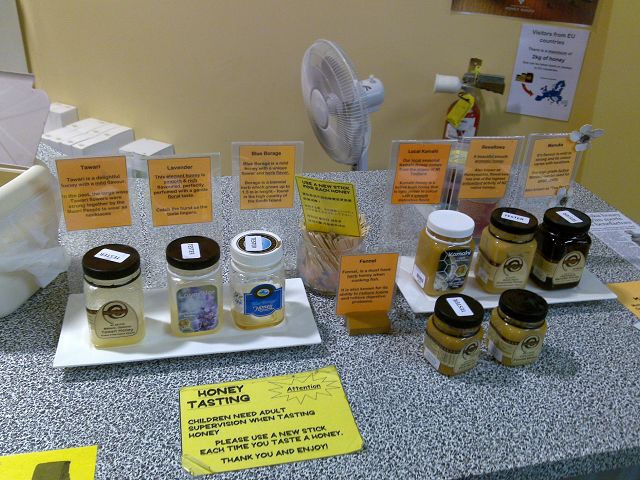
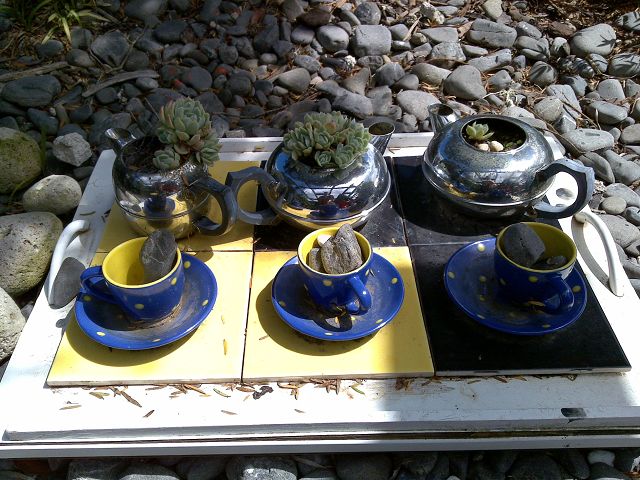
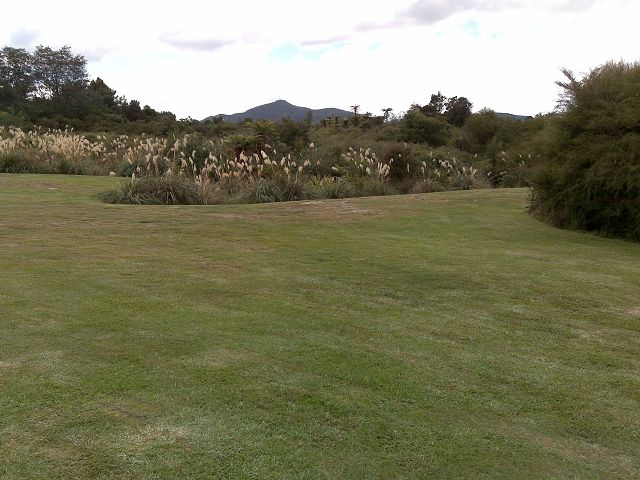
![]() 26.07.25 Copyright Dirk
Rauschenbach Koelnerstrasse 293 51702 Bergneustadt
Datenschutzerklaerung 02261 9788972 Mail ccooly(
at) web.de
26.07.25 Copyright Dirk
Rauschenbach Koelnerstrasse 293 51702 Bergneustadt
Datenschutzerklaerung 02261 9788972 Mail ccooly(
at) web.de